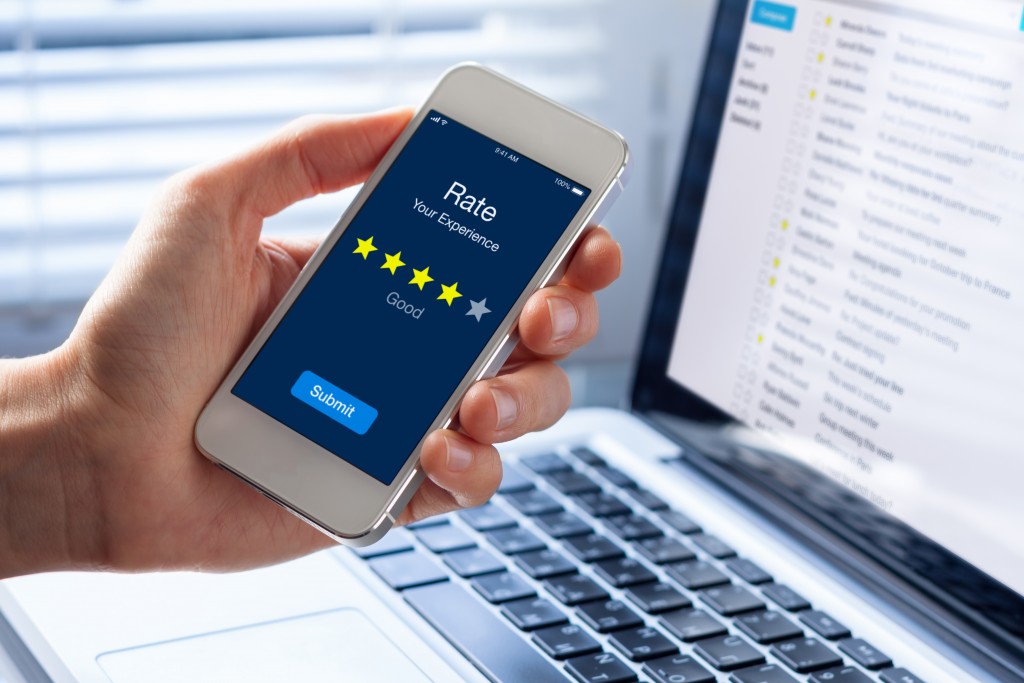Digital marketing is one of the fastest-growing industries that help small, medium, and large-scale businesses reach more customers through the Internet. Compared to traditional marketing, it offers wide-ranging benefits than just bringing more clients. It increases customer loyalty, engages customers, improves brand positioning, and saves more money in terms of marketing costs.
In this technologically wired world, digital marketing allowed businesses to take advantage of innovative and smart tools to give their brand a competitive edge when searching for leads. In fact, the more you know about digital marketing tools and how they work, your marketing campaigns will surely pay off. One example is the brand reputation management strategy that helps businesses monitor what people say about their company when it comes to their trustworthiness, friendliness, and the quality of service or product.
As marketers discover the best digital marketing techniques, they introduce complex tools to help businesses expand their marketing efforts. This article will delve deeper into the top digital marketing tools to help marketers and business owners create, test, and measure campaign performance. Take note of these tools to launch your campaign successfully!
Social media platforms
Social media is likely the best marketing tool to humanize your brand and connect with customers in real-time. This is one of the most used tools when creating an integrated marketing strategy. Social media platforms such as Facebook, Instagram, Twitter, LinkedIn, and Pinterest are tried and tested tools for marketers to communicate their message, engage with audiences, and create buzz about their brand.
A powerful digital marketing approach combines all social media platforms appropriate for the brand. Each tool has different purposes: Pinterest and Instagram are image-driven social media tools focusing on visual storytelling, Twitter allows users to ask questions and post complaints, while LinkedIn gathers thought leaders and industry insiders to share ideas and wisdom in their respective niche.
Aside from their standard features, these platforms have dedicated features for marketing. These include Instagram for Business that allows business owners to set up a free business account, grow their business, and create content. There’s also Facebook Ads Manager that serves as a campaign command center, advertisement management platform, and an all-in-one tool for creating advertisements on Facebook, Messenger, Instagram, and Audience Network. Through these features, marketers can manage where and when they will run a campaign and track its performance.
Aside from these popular social media platforms, Hootsuite and Buffer integrate your campaigns with these platforms to measure audience engagement and schedule social posts easily.
Content marketing tools

‘Content’ is one of the widely used buzzwords in digital marketing that involves brand storytelling. A ‘content’ can be anything as long as it contains a relevant message, from news items, blog posts, images, and videos.
What sets it apart from traditional marketing is that it resists purely product-based advertisements and straightforward call-to-action statements. Content marketing ensures the formation of a good story that is dynamic, shareable, and original. A successful content marketing strategy builds an impressive brand reputation and uses genuine stories to gain the audience’s trust.
Content marketing also has the flexibility to reframe messages or stories to reach different consumer bases, including the ones you want to form a personalized relationship with. Basically, content marketing tools help in distributing content from a specific to a larger audience.
Marketers devoted to content marketing use tools such as Hubspot and CoSchedule for content curation and creation. These tools help marketers produce engaging social media and blog posts and discover content opportunities that will leave a lasting impression on the target audience.
There’s also Buffer that monitors current trends and viral topics on social media, helping marketers create the most impactful content that will generate attention and awareness about a specific news story or event.
Analytics tools
These tools help digital marketers responsible for monitoring website and social media performance. The data they provide determine if a business is successfully converting customers and building a large following. These tools also identify which social platform deserves more attention and budget, the top-performing content, and the level of impact of a brand’s social presence.
Google Analytics is a form of analytics tools designed to monitor statistics concerning the web traffic of a particular website. There are also social media analytics tools such as Twitter Analytics and Facebook Insights for optimizing campaigns and evaluating engagement metrics.
Working in digital marketing involves a diverse blend of strategies, tech-savviness, and passion. The tools we mentioned above are ways to maximize the performance of your marketing campaigns online. But apart from our suggestions, you may explore other options and be on the lookout for emerging trends to stay up-to-date about the latest marketing techniques.


